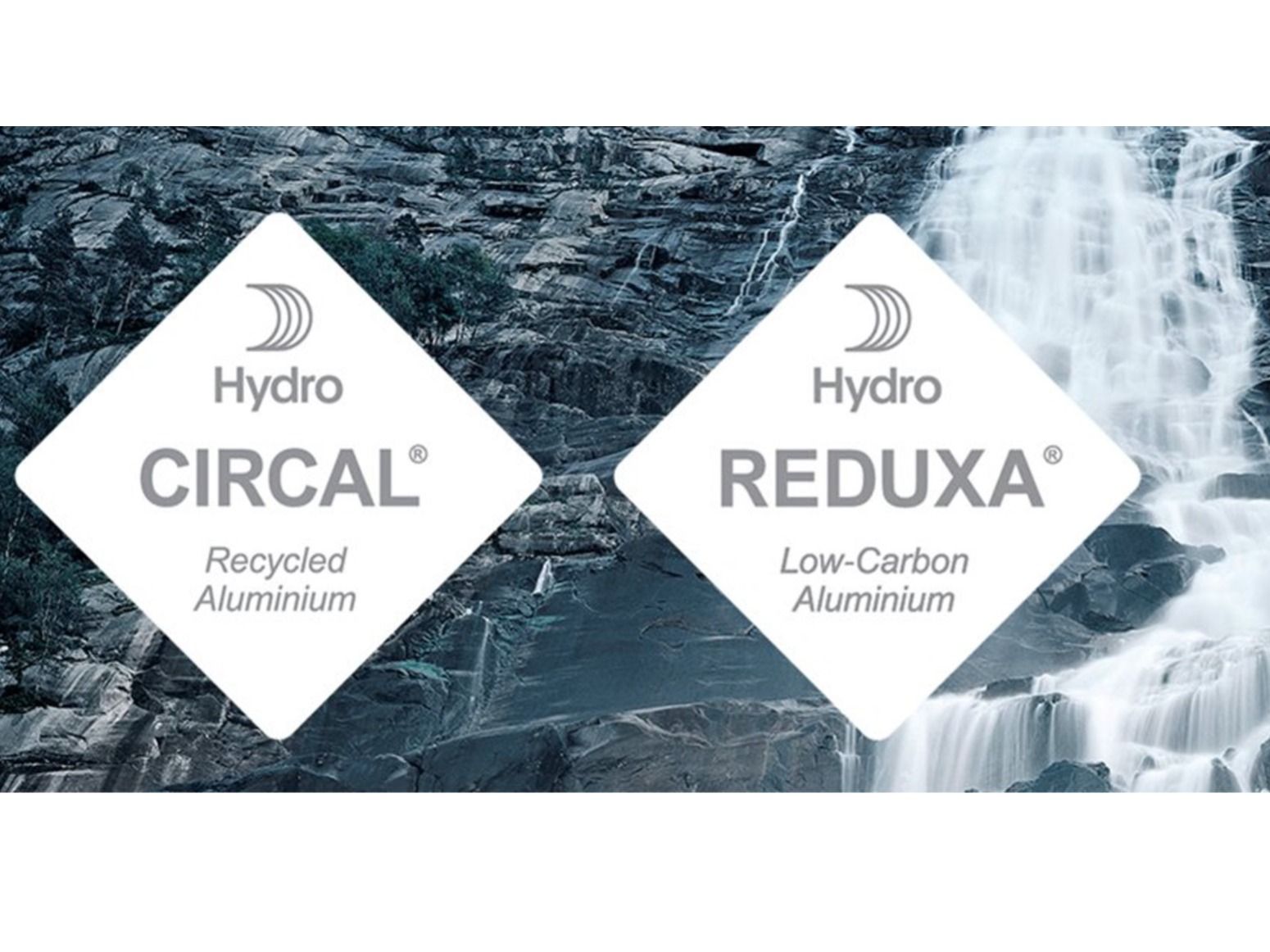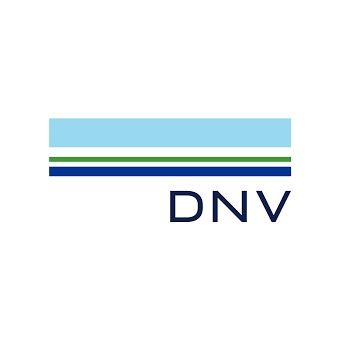
Added: Mar 02, 2021
Last edited: Mar 11, 2021
Hydro and DNV GL are initiating a blockchain pilot to document product representations for Hydro CIRCAL and Hydro REDUXA. In this way, the aluminum product passport, with its unique digital ID, attached to the product displays key sustainability facts, such as low-carbon aluminum and post-consumer scrap content
Customers and their customers request trusted information documenting the footprint from materials and production. There is a need for a platform that supports manufacturers and brands to back their sustainability claims with verified data. That allow them to trace the metal from the factory gates until it reaches the customer.
Hydro will implement the blockchain-powered “Tag. Trace. Trust.” service developed by DNV GL. It allows anyone to instantly check the validity, data and authenticity of the product’s environmental profile. In the pilot phase, Hydro and DNV GL will work with the sustainable-furniture maker Vestre. The company uses Hydro CIRCAL in selected furniture lines. The product data on the platform gives the company and their customers traceability of the aluminium and the CO2 emissions from raw material to a finished bench in a public park.
The next step is to review the experience from the pilot to assess how Hydro can implement the platform to a standardized model. The goal is to roll out the platform to Hydro customers in 2021.
Blockchain is a technology that allows for data to be validated and subsequently stored as an immutable ‘block’ through a peer-to-peer community on a digital database building on the principles of distributed ledger technology. The resulting blockchain is immutable because every block is validated based on previous blocks, making it near to impossible to alter – as the modification of a recorded transaction would require modifying all previous blocks. Blocks are validated by an algorithm to ensure replication among nodes is undertaken. Third-party verification of processes on integrity of adding data as well as data checks add confidence that product claims are trustworthy and documented.



